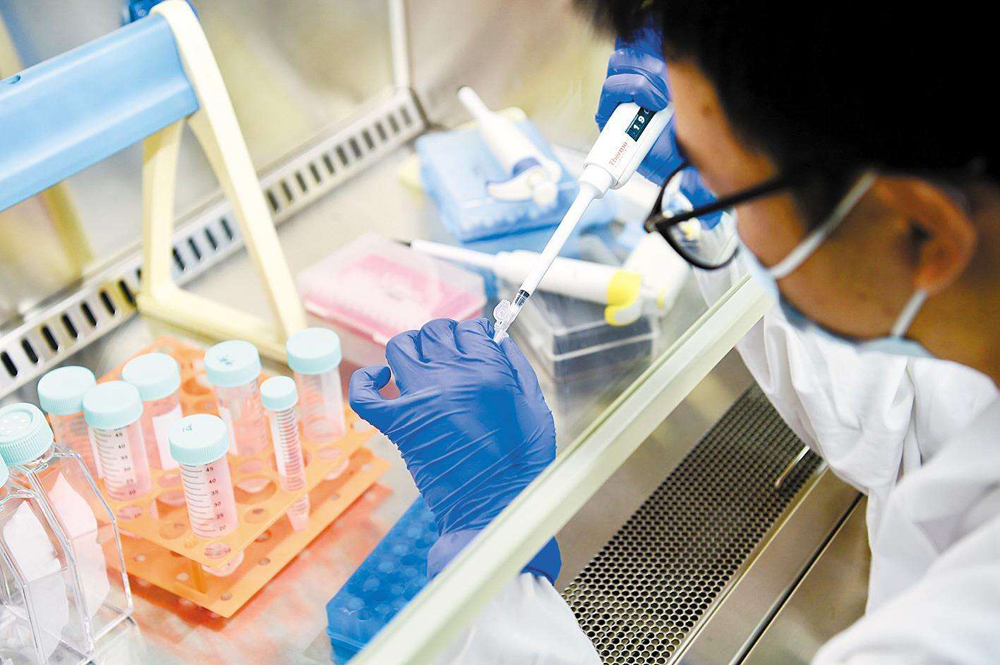With the rapid development of modern economy, people’s quality of life has been significantly improved, and the corresponding demand has also increased, one of which is the demand for medication, which has an important impact on the health of patients. With the progress and development of modern medicine, people are paying more and more attention to drug safety.
When it comes to medicine, everyone is familiar with it. Almost everyone has taken medicine, but do you know how the medicine we take comes from? It takes an average of 10-12 years for a successful drug to start from compound screening to its official launch. A large number of experiments and tests are required in the process, including compound exploration, preclinical research and clinical trials of drugs.
In order to reduce R&D costs and shorten R&D time, pharmaceutical companies often choose to cooperate with CRO companies.
Preclinical toxicology studies of new drugs can detect toxic doses in advance, find toxic reactions, determine the safety range, search for toxic target organs, and determine the reversibility of toxicity.
1. New drug development process
The whole process of a successful new drug development is very complex and mainly includes the following steps:
(1) Determining the drug target is the beginning of all work. Only after the target is determined, can all subsequent work be based on it;
(2) Then there is the synthesis of compounds, which is mainly responsible for the synthesis of new compounds, transformation and optimization of the structures of existing compounds.
Not all synthesized compounds can have the desired activity, and it is necessary to screen out the preliminary active compounds as candidates by means of biological experiments. Repeat the two steps of compound synthesis and screening until the activity is ideal enough and the compound is obtained;
(3) Evaluate the pharmacological effects, safety and toxicity of drugs. Drug absorption, distribution, metabolism and excretion (ADME), this part of the experiment needs to be carried out at the animal level. The results of cell experiments and the results of live animal experiments are sometimes very different. The purpose of this step is to determine the effectiveness and safety of the drug;
(4) The development of preparations is an important part of drug application. For example, some drugs have poor gastrointestinal absorption and need to be developed as injections; some drugs will lose their activity in gastric acid, so they need to be developed as enteric preparations; some compounds have poor solubility, which can also be partially solved by preparations solve this problem.
The above contents are all preclinical research, which is the beginning of drug development. After the preclinical research is done, it can be used in the clinical research stage.
2. Not paying attention to a series of problems caused by preclinical research of new drugs
In the first half of the 20th century when the development of new drugs was unprecedentedly rapid, due to the rush of some preclinical and clinical trials and the lack of systematic research on toxicology, the safety problems of many new drugs were continuously manifested in clinical applications, resulting in the emergence of many new drugs worldwide. Serious major drug injury incident. Such as the “Sulfonamide Elixir” in the United States in the 1930s, the “organotin poisoning” in France in the 1950s, the “thalidomide” in Germany in the 1960s, and the “chloroiodoquine” in Japan in the 1970s. International attention has been paid to the toxicology research of therapeutic drugs.
Drug toxicology is a science that studies the damaging effects of drugs on the body and their mechanisms under certain conditions, including pharmacodynamics, drug mechanism of action, general pharmacology, toxicology, drug interactions, and pharmacokinetics. Wait. Preclinical drug toxicity studies are studies conducted in animals to capture signals of drug safety and efficacy, and to understand drug absorption, distribution, metabolism, excretion (ADME) and pharmacokinetics (PK) in animals. )/Pharmacodynamics (PD).
3. Bioanalysis services supporting drug discovery/development via state of the art facilities
AxisPharm is a San Diego based bioanalytical LC/MS/MS service provider with more than 25 years experience in the field. Our bioanalytical chemistry department specializes in developing and validating robust bioanalytical methods for PK/TK sample analysis of small molecules, proteins, peptides, and metabolites using LCMS/MS (HPLC, UPLC, on-line SPE), HPLC/UV, and HPLC/FL. We have experience analyzing API and metabolites in various biological matrices and can provide bioanalytical support throughout all the stages of drug development.









